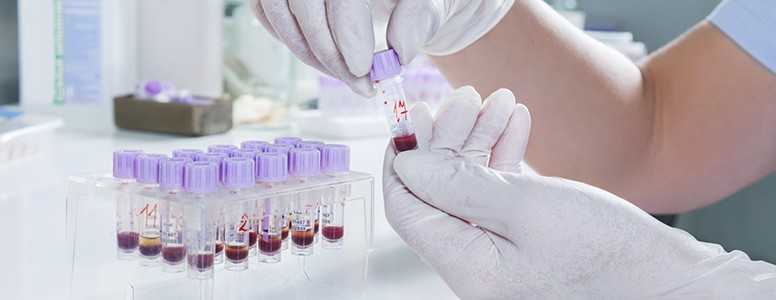A drug normally associated with treating high blood pressure could help prevent type 1 diabetes in 60% of at-risk people, researchers have said.
Methyldopa has been around for more than 50 years and is often given to pregnant women and children with high blood pressure, but now it is believed it could have other uses.
Researchers say they have found evidence that it could be beneficial in the prevention of type 1 diabetes because the drug can block the DQ8 molecule, found in around 60% of people at high risk of developing type 1 diabetes.
Professor Aaron Michels, a researcher at the Barbara Davis Center for childhood diabetes and associate professor of medicine at the University of Colorado Anschutz Medical Campus, said: “With this drug, we can potentially prevent up to 60% of type 1 diabetes in those at risk for the disease. This is a very significant development.”
The team spent 10 years studying the oral drug, normally taken between two and three times a day, and what effect it had on mice and 20 people with type 1 diabetes.
Prof Michels said: “We can now predict with almost 100 per cent accuracy who is likely to get type 1 diabetes. The goal with this drug is to delay or prevent the onset of the disease among those at risk.”
Fellow researcher David Ostrov, PhD, hopes their methyldopa discovery might help block other molecules which could mean preventing other diseases.
Professor Ostrov, associate professor at the University of Florida College of Medicine’s Center for NeuroGenetics, said: “This study has significant implications for treatment of diabetes and also other autoimmune diseases [and] suggests that the same approach may be adapted to prevent autoimmune diseases such as rheumatoid arthritis, coeliac disease, multiple sclerosis, systemic lupus erythematosus and others.”
The findings of the study have been published in the Journal of Clinical Investigation.








